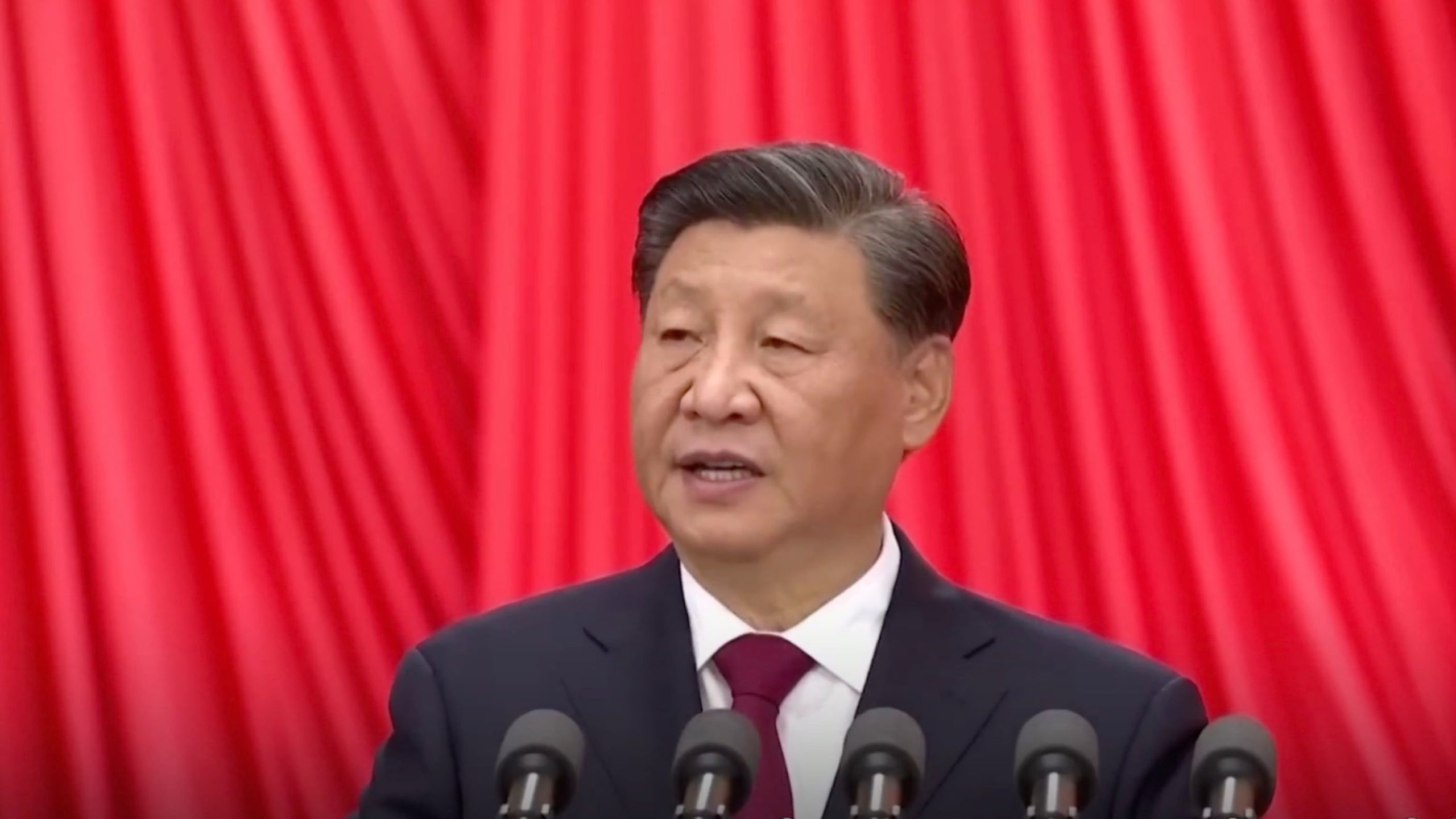The Cyberspace Administration of China (CAC) has initiated a sweeping two-month campaign to scrub content from the internet that it classifies as “harmful,” adhering to directives from Chinese Communist Party censors. On Thursday, a statement from CAC detailed plans to eliminate social media posts and other online material that doesn’t align with the Party’s stringent views on what constitutes acceptable discourse.
In a recent report by the Global Times, a state-controlled publication, it was disclosed that the focus of this draconian crackdown will include content that sensationalizes disasters and extreme events or spreads falsehoods regarding public policies and societal matters. This implies that any dissenting views about the Chinese economic conditions under Xi Jinping’s regime, particularly those that are critical or negative, will be targeted and likely removed from online platforms. Notably, experts who have previously raised questions about Xi’s economic strategies have seen their analyses vanish from public view, suggesting that the culling of millions more social media entries should pose little challenge to the authorities.
The campaign extends beyond economic commentary, as Chinese officials have also expressed frustration over memes generated by a discontented populace that criticize the ongoing scandals in the housing market, high levels of youth unemployment, and the tepid recovery efforts following the Wuhan coronavirus pandemic. Authorities are particularly intent on dismantling memes that paint the Communist Party as exploitatively viewing citizens merely as resources to be harvested.
Expressions of despair by the youth are evident in their online complaints, describing their era as the “garbage time of history,” equating their situation with the final, uneventful moments of a basketball game where victory is impossible. The young, facing an unemployment rate that exceeded 21% before such data ceased being published, feel sidelined in a game they cannot win. Many young adults, feeling crushed by the system, have adopted the “lying flat” movement, rejecting societal expectations to partake in the corporate grind in favor of minimalistic living with their parents and performing odd jobs for small earnings.
The CAC’s latest announcement indicates it will target and erase any “negative” speech touching on sensitive issues such as housing, education, healthcare, and food safety. Moreover, the censorship extends to users accused of hurling “malicious insults” or those who “stigmatize regions, professions, and groups.” Such actions, according to the CAC, fuel pessimism and fear, potentially inciting hostility among different societal factions.
The directive also aims to tackle content that may amplify “occasional extreme incidents” or controversial events, along with any commentary that could be seen as stoking regional disparities or discrimination. The censorship drive will also address the spread of fabricated stories about public crises and disasters that could incite panic, covering everything from biased reports to complete fabrications designed to deceive the public.
Such comprehensive censorship activities are not new; around the same time last year, the CAC embarked on a mission against puns and unconventional language usage, which they claimed confused the public and undermined the minor’s ideological values. Dissidents, however, had turned to puns and similar wordplay as a method to subtly critique the regime and evade censorship.
The CAC is confident of not only addressing politically sensitive content but also purging the internet of “explicit and vulgar content.”
Just last week, the CAC also proposed regulations that would extend China’s “Great Firewall” to global satellite Internet services like Starlink, demanding they comply with China’s censorship laws or face severe economic repercussions. This move could potentially bring international satellite communications under the purview of Chinese censors, reflecting the regime’s desire to extend its control beyond terrestrial digital communications.






















